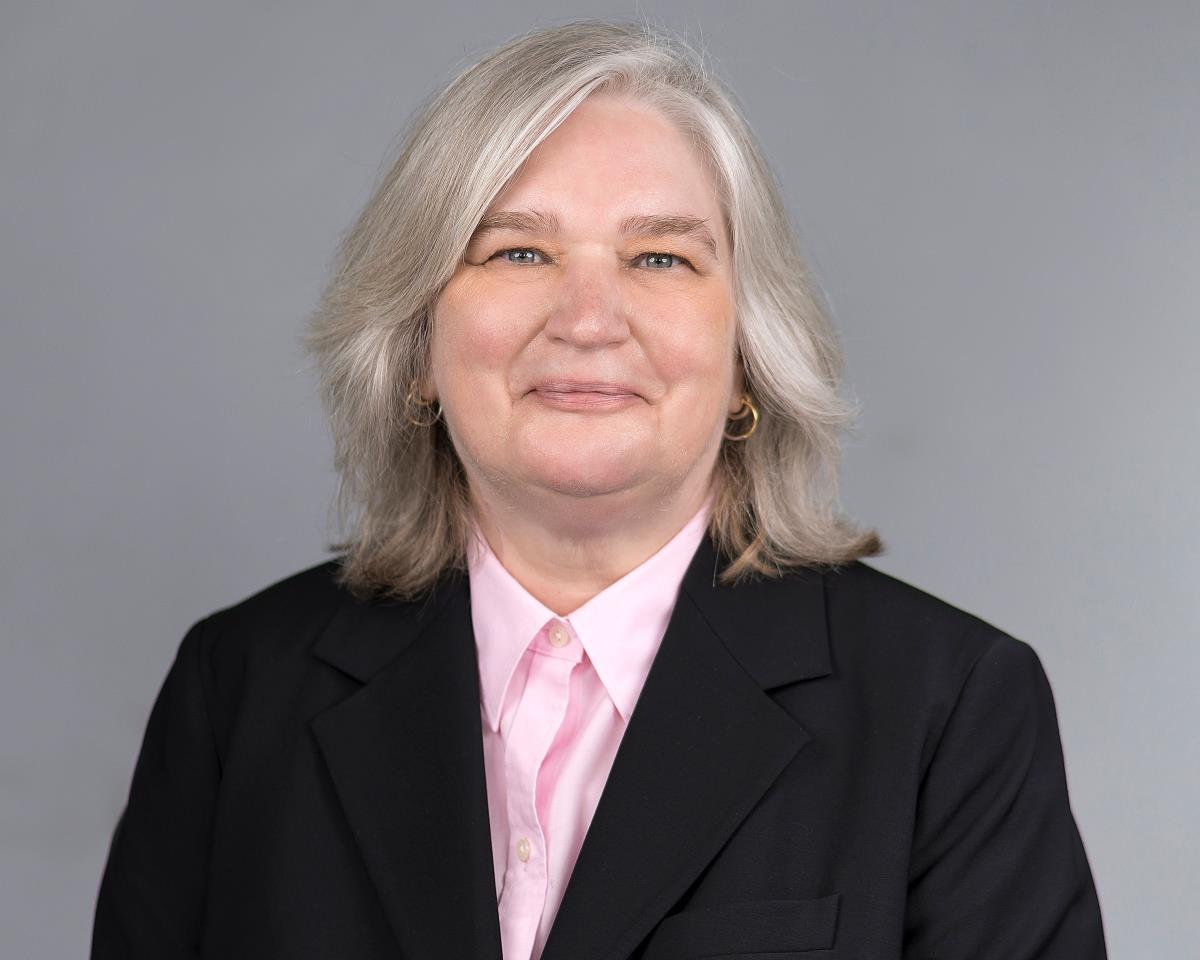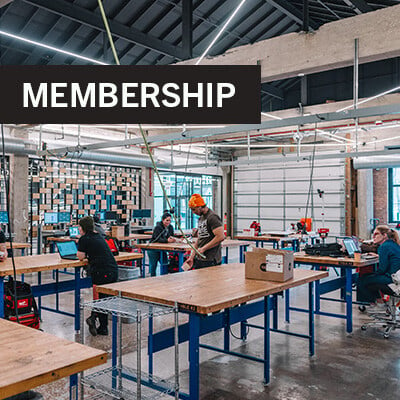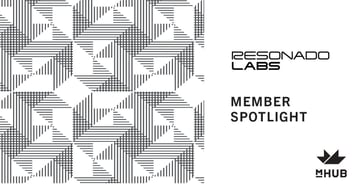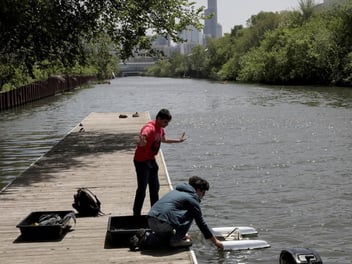Janine Janosky Talks about the Future of the Manufacturing Workforce and how Richard J. Daley College is Preparing to Lead
As part of our series “Five Questions with,” Janine Janosky, President of Richard J. Daley College, discusses what makes Daley unique compared to other colleges systems.

Richard J. Daley College recently invested $50 Million in our new Manufacturing Technology and Engineering Center – MTEC. This is a 50,000 square foot facility with 10 manufacturing related labs and a high bay space that incorporates full size manufacturing equipment for education and training in robotics, process control, automation control systems, rapid prototyping and computer aided design as well as CNC machining, welding, sheet metal fabrication and quality assurance. This new facility is open, bright, clean and visually excites students to want to learn more about these technologies that we understand as manufacturing today.
2. What does the future manufacturing workforce look like? How is (or is not) the COVID-19 pandemic shaping this?
COVID 19 has shaped the way we are delivering our classes. Now, we are providing education and trainings through what we call a blended approach – lectures and theory training is completed remotely with the professor and then the all-important hands on training is performed in small groups for students. This assures our students in having confidence to succeed in their careers through providing the benefits of the hands on training in our labs. While following the COVID 19 guidelines for social distancing and sanitization.
The future of our manufacturing workforce is going to be diverse in every way. And their skill set will need to be an integration of skills and manufacturing technology knowledge to allow them to be able to continue to learn and change and grow as manufacturing companies continue to become more integrated and automated. We are at this forefront for our programs to meet this demand for more advanced skills in a more integrated and connected future manufacturing environment.
3. How is Richard J. Daley and MTEC preparing students to enter this workforce?
We have designed our programs to incorporate not only theory, but hands on training on equipment that is challenging and interesting, but also “industrial quality “ in as many applications as possible. We have partnered with Fanuc on our robotics training facilities and programs, Rockwell International and Allen Bradley on our Programmable Logic Controller training and Lincoln Electric on our welding training programs to name a few of the areas where we have incorporated industrial grade equipment and training into our programs. We are working on Apprenticeships in several different formats to accommodate the needs of our small to mid-sized employers in the Chicago region. In this regard, we have new apprentices starting this semester that are part of the German American Chamber ICATT apprentice program which provides a part time work experience along with related training in mechatronics at Daley College through to an Associate’s degree. We have also recently received DOL registered Apprenticeship status for Daley College to function as the sponsor for manufacturers CNC and Industrial Maintenance Technician DOL registered apprenticeships which we are very excited about and think will fit many of our employer partners needs for future talent. By Daley College taking on the sponsorship responsibilities, provides the enhanced opportunity for a manufacturer to focus on the training at their facility.
4. What resources do Richard J. Daley, and the larger City Colleges of Chicago system, provide to support students from under-resourced communities?
Two examples illustrate how we are supporting students from under resourced communities –
Weekend Warriors – this is a program in partnership with the Inner City Muslim Action Network (IMAN) that brings young adults from the south west side neighborhoods most affected by violence in our city and brings them on to campus for the weekend to train in advanced manufacturing. They are scheduled from 5pm – 9pm on Friday evening, 9am-5pm on Saturday and 9am -7pm on Sunday. They are taking 3 credit college classes – Introduction to welding, Introduction to Blueprint Reading and Metrology and College Success and one noncredit class in foundational skills including math, reading, writing, and computer skills. They are on campus with the designed intent that they are engaged in a productive learning activity and away from the opportunities for violence that they have been close to during their lives. We hope to grow this program which is now in its second year and second cohort.
Early College – we have cultivated strong partnerships with 4 CPS High Schools from across the city - Austin High School, Bowen High School, Bogan High School and The Chicago High school for Agricultural Science where their high school students are achieving college credit in Advanced Manufacturing from Daley College in areas such as CNC machining, Welding, Blueprint Reading and Metrology. Some of these students are coming to MTEC for their classes and some of these students are taking these classes at their high school. Daley College and MTEC is collaborating with these schools to continue to provide valuable training through this period of COVID restrictions as well as with the intent to further grow these programs to new schools and more students to meet the demand for highly skilled manufacturing professionals of the future.
Further, City Colleges of Chicago has undertaken a laptop loaner program, a hot spot loaner program as well as keeping our facilities open to the students to utilize our Wi-Fi, computers, student services supports on our campuses.
Also City Colleges has initiated a debt forgiveness program to allow students with various levels of unpaid City Colleges debt to make a commitment to complete their programs and have their debt forgiven as they progress in the completion of their program.
5. What makes Richard J. Daley, and the larger City Colleges of Chicago system, unique when compared to other community college systems?





